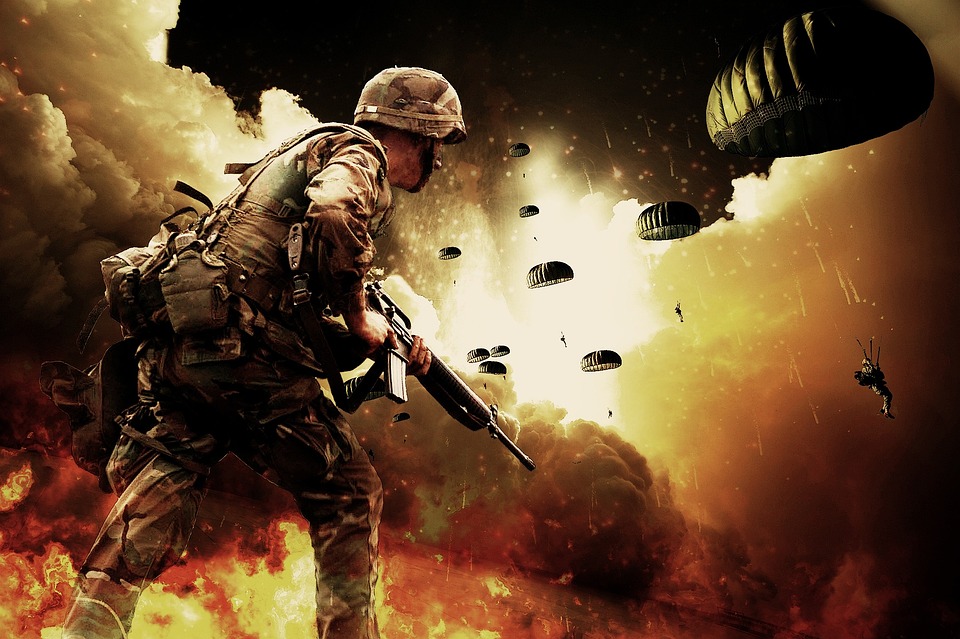In the ever-evolving landscape of online gaming, few phenomena capture the imagination quite like clan wars. This revolutionary way of playing has transformed the gaming experience, fostering community, rivalries, and strategic collaboration among players worldwide. As we delve into the rise of clans in online gaming, we’ll explore their implications for social interaction, gameplay, and the overall gaming culture.
The Emergence of Clans
The concept of clans, or guilds, has its roots in early multiplayer games, where players banded together for shared goals. However, the proliferation of high-speed internet and advanced gaming platforms in the 2000s gave birth to more structured, competitive clan systems. Titles like "Counter-Strike," "World of Warcraft," and "Call of Duty" became the bedrock for clan-based competition, where groups of players could organize themselves to challenge other clans in fierce battles for supremacy.
The Structure of Clan Wars
At its core, a clan war typically involves two or more clans competing against each other, often in a series of matches designed to test their coordination, skill, and strategy. Here are some key elements that define clan wars:
-
Leadership and Organization: Most clans have a hierarchical structure, with leaders and officers who manage strategies, recruit members, and coordinate schedules. Clear communication and organization are crucial for success.
-
Participation Requirements: To ensure competitiveness, clans often set participation criteria, such as skill level, in-game rank, or activity frequency. This helps to maintain a balanced and engaging environment for all members.
-
Match Formats: Clan wars can vary in format, including best-of-three, elimination rounds, or round-robin styles. The specific game rules and objectives may also shift depending on the title and the clans’ preferences.
- Scoring System: Different games have unique scoring systems, which may include points for victories, bonuses for completing objectives, or penalties for infractions. This system incentivizes clans to adopt strategic gameplay styles.
Clans and Community Building
The rise of clan wars has significantly shifted the social dynamics of online gaming. Clans foster a sense of belonging, providing players with a community where they can forge friendships, develop skills, and participate in a shared passion.
-
Social Interaction: Communication platforms like Discord have further enhanced clan connectivity, allowing for real-time voice and text communication. This has cultivated strong bonds among members, often extending beyond the virtual realm into real-life friendships.
-
Shared Goals and Rivalries: The competitive nature of clan wars encourages camaraderie as members unite towards a collective goal. Moreover, rivalries between clans can spark excitement and motivate players to improve their skills, fostering a healthy competitive spirit.
- Inclusive Culture: Many clans prioritize inclusivity, providing opportunities for players of all skill levels to join. This means that newcomers can find a welcoming environment where they can learn and grow without feeling intimidated.
The Impact on Gaming Culture
Clan wars have had substantial effects on the broader gaming landscape:
-
Increased Engagement: Players are more likely to engage with a game long-term when they’re part of a clan, leading to longevity in player retention and in-game activity.
-
Esports Influence: The competitive nature of clan wars has been a stepping stone to the burgeoning esports scene. Professional teams often started as clans, leading to formal competitions that attract massive audiences.
- Innovation in Game Design: Game developers are increasingly recognizing the importance of clans and competitive play. Many recent titles include built-in clan systems, leaderboards, and matchmaking options that enhance the gaming experience.
Challenges and Controversies
Despite the positive aspects, clan wars are not without challenges. Issues such as toxicity in competitive environments, cheating, and clan hierarchies can deter players from enjoying a fair and fun gaming experience. Developers are continually updating policies to mitigate these challenges and create healthier gaming communities.
Conclusion
The rise of clans and clan wars represents an exciting evolution in online gaming. By fostering social relationships, encouraging strategic gameplay, and shaping competitive landscapes, clans have become an integral part of the gaming experience. As the industry continues to evolve, it’s clear that the impact of clan wars will remain significant, driving innovation and community development in the gaming world. Whether you’re a casual player or a competitive veteran, the vibrancy of clan culture enhances the journey of gaming, offering endless opportunities for connection, competition, and camaraderie.



